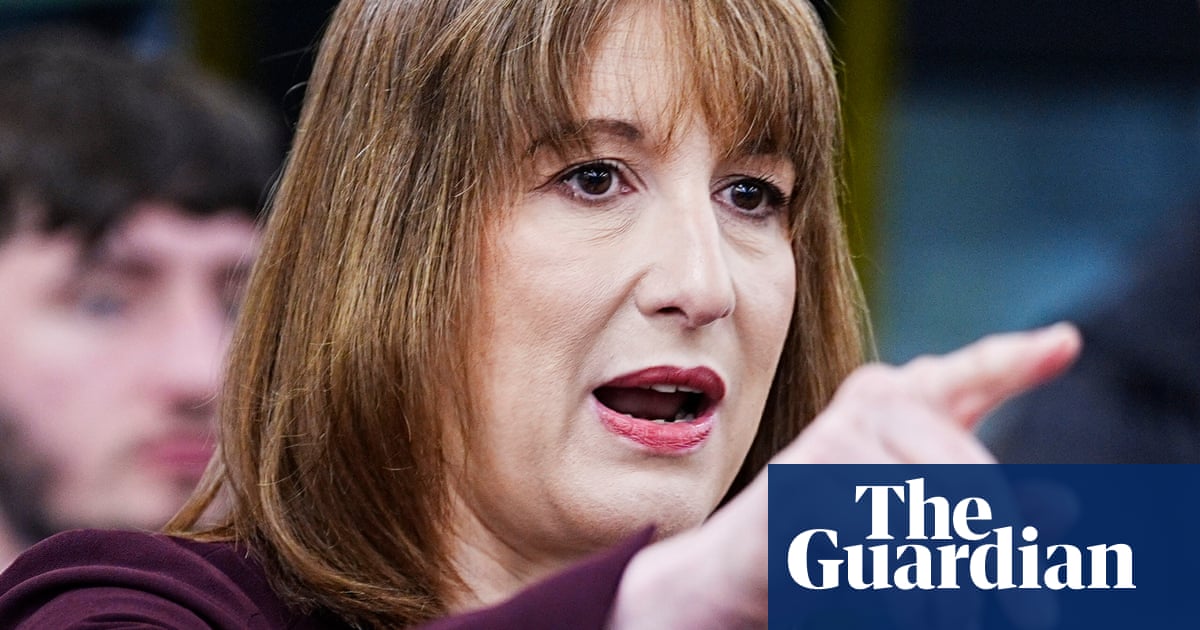Rachel Reeves has confirmed that some winter fuel payments will be reinstated in time for this winter after weeks of uncertainty over the government’s decision to make a U-turn on scrapping the benefit.
The UK chancellor said ministers would be announcing details of the changes to the £11,500 threshold over which pensioners are no longer eligible for the allowance “as soon as we possibly can”.
However, the pensions minister, Torsten Bell, categorically ruled out a return to a universal winter fuel payment to all pensioners, reflecting a view in government that it would be unfair for the richest pensioners to receive it.
Keir Starmerconfirmed last monththat he wanted more pensioners to be eligible for winter fuel payments after a backlash against one of the most unpopular policies of the Labour government.
However, No 10 was unable to confirm whether the U-turn would come into effect by this winter if announced in the autumn budget – or how many of the approximately 10 million pensioners who lost it would have it restored.
The chancellor could announce the new threshold at next week’s spending review despite Downing Street not regarding this as a fiscal event.
At a speech in Rochdale, Reeves told reporters: “We have listened to the concerns that people had about the level of the means test, and so we will be making changes to that; they will be in place so that pensioners are paid this coming winter.
“We’ll announce the detail of that and the level of that as soon as we possibly can. But people should be in no doubt that the means test will increase and more people will get a winter fuel payment this winter.”
Ministers are looking at restoring winter fuel as a universal benefit and then recouping the money when high income pensioners fill in their tax returns, the Guardian understands, as creating a new means test would be a highly complex option.
A similar approach was taken by the former Conservative chancellor George Osborne when he reduced child benefit eligibility for better-off parents. Treasury officials are still working on what level to set the new winter fuel threshold.
Speaking to the work and pensions committee, Bell said: “Is there any prospect of a universal winter fuel payment? The answer is no. The principle I think most people, 95% of people agree, that it’s not a good idea that we have a system paying a few hundreds of pounds to millionaires, and so we’re not going to be continuing with that. But we will be looking at making more pensioners eligible.”
The government’s reversal came despite Downing Street ruling out making changes to winter fuel payments after theGuardian revealed that it was rethinking the cutamid anxiety at the top of government that the policy could wreak serious electoral damage.
The chancellor also hinted at tensions between cabinet colleagues saying she had had to turn down spending requests as she struggled to balance the books off the back of what she described “14 years of Conservative maltreatment of our public services, our public realm and of our economy”.
“Not every department will get everything that they want next week,” she said, “and I have had to say no to things that I want to do too.”
Sign up toFirst Edition
Our morning email breaks down the key stories of the day, telling you what’s happening and why it matters
after newsletter promotion
Three Whitehall departments are still to agree their multi-year budgets with the Treasury before the spending review, the Guardian understands, with the home secretary, Yvette Cooper; the energy secretary, Ed Miliband; and the housing secretary, Angela Rayner, holding out.
The chancellor also ruled out bending her fiscal rules, which she acknowledged would be the subject of much discussion over the coming days.
Starmer’s government set out new fiscal rules in October last year, which say the budget should be on course to be in balance or surplus, and financial debt should fall as a share of the economy, by 2029-30. The rules also put constraints on welfare spending.
“Over the next week, you will hear a lot of debate about my so-called self-imposed fiscal rules,” Reeves said. “Now, contrary to some conventional wisdom, I didn’t come into politics because I care passionately about fiscal rules. I came into politics because I want to make a difference to the lives of working people.”
Referencing Liz Truss’s 2022 mini-budget that sent interest rates soaring, she warned against “fantasy economics” and said “no one should need to be told about the dangers of reckless borrowing for the financial security of ordinary families”.
“Fiscal rules are an indispensable safeguard for working people, and that is why my rules are non-negotiable,” she said.
